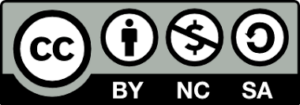Learning & Sharing Agroecology
The Learning & Sharing Agroecology webinar introduces the diverse outcomes of the MedCaravan project. See all the materials below.
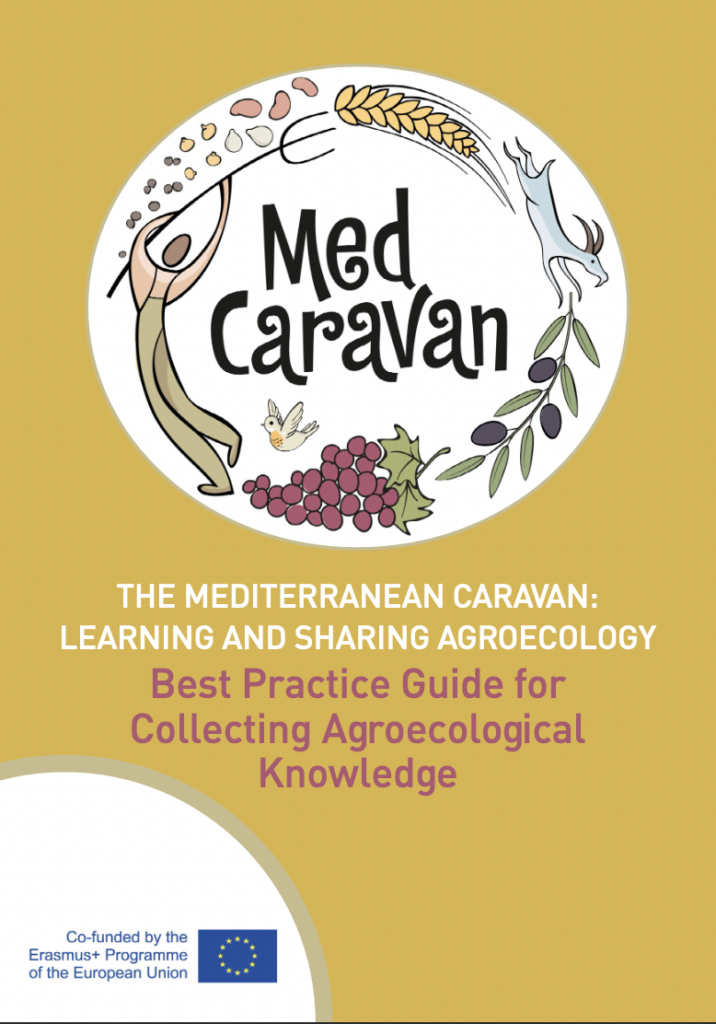
Agroecology knowledge is applied around the world by farmers who take ecological principles in their agricultural production seriously, and by other food systems actors. It is especially important to collect traditional, nature-friendly practices before they disappear. Similarly, it is equally important to publish them in media accessible to those who need them in order to transfer this knowledge to future generations and to popularise them. Understanding this necessity, the MedCaravan team created the Best Practice Guide for Collecting Agroecological Knowledge which aims to help the efforts to collect and record agroecology knowledge in a proper way. This booklet carries the hope that agroecological practices, which provide solutions in many areas – from agriculture to art, from supply systems to community solidarity – will be widespread as a useful tool for the recovery of agroecosystem needs.
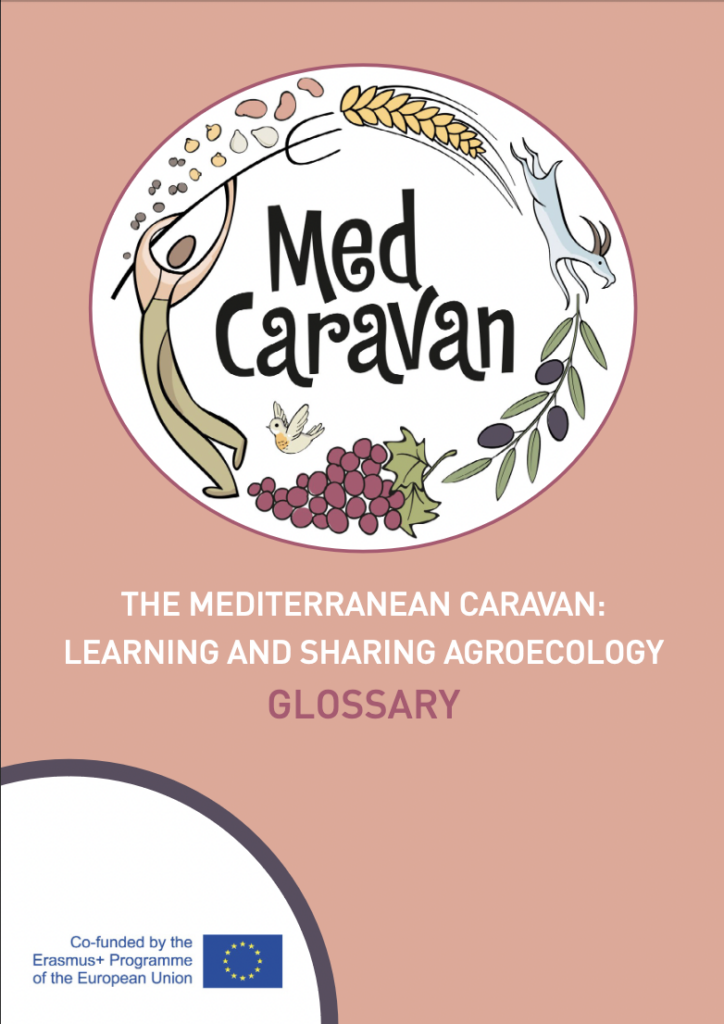
The Medcaravan – The Mediterranean Caravan: Learning and Sharing Agroecology glossary defines in alphabetical order the keywords used in the Best Guide to Collect Agroecological Knowledge (IO1) and the educational program Learning on MedAgro-ecology (IO3). Attached to each keyword are the references that support their definition. The glossary begins with the definition of agroecology co-constructed by the Medcaravan team.
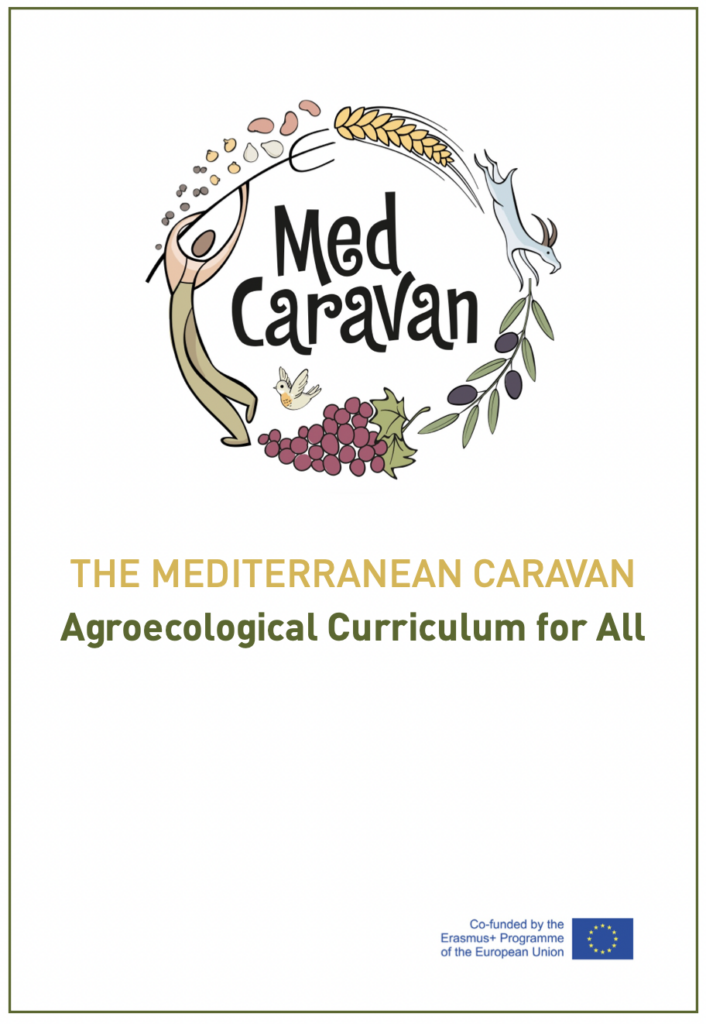
This curriculum is a result of the three years of learning and sharing experience of the project called Mediterranean Caravan (MedCaravan): Learning and sharing agroecology. It is intended to be used as an instrument for promoting innovative agroecological approaches, and as a teaching tool to introduce the diversity of agroecological approaches to training. The Mediterranean region was chosen because of its unique values that characterise it as a diverse ecological region (bioregion) and a socio-cultural space. Traditionally, this region has a sustainable, resilient, and healthy food system that connects a small-scale farming system to a balanced and rich cultural diet through beautiful landscapes and food traditions.

The principles of teaching that we promote in this curriculum are based on the facilitation process rather than sharing ready made recipes. For many trainers that are new to this process, it can be quite challenging, because every training session will be completely unique, depending on the participants and the interaction between them as well as the interaction with the trainer. It requires not only to have knowledge about the topic, but also to have facilitation skills and ability to adapt to the situation. To get a good result and build mutual confidence, the process needs to be well planned and organised. At the end, the learning outcome will be something that the learners will not only hear about but something they will remember and feel confident to implement in their everyday lives. Here are some practical tips on how to organise agroecology training.
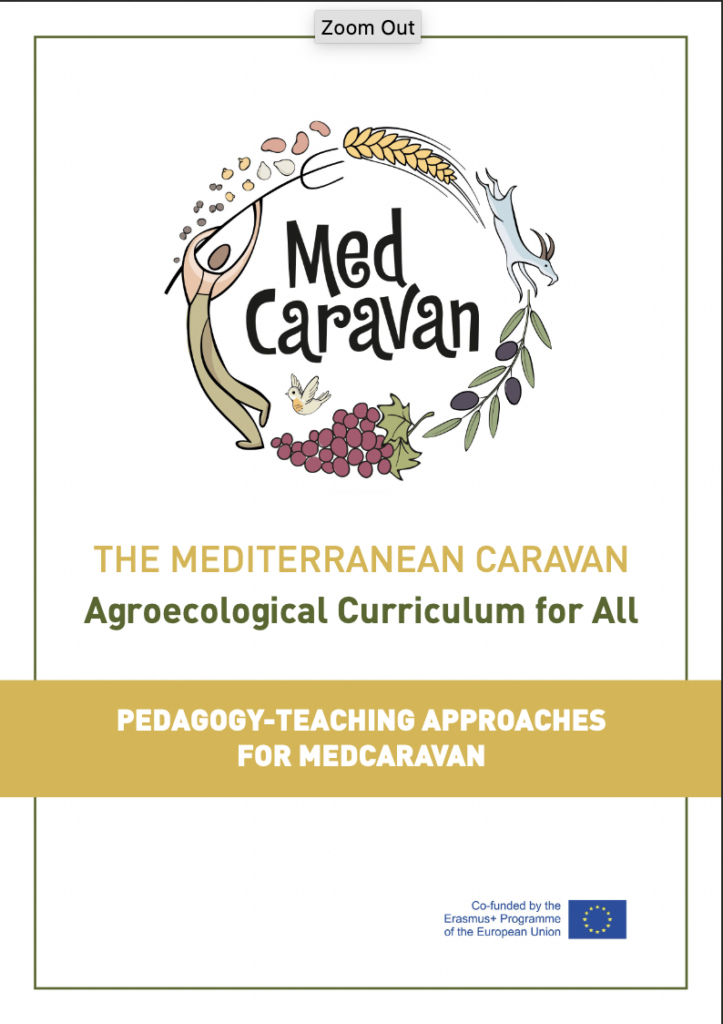
An important part of the MedCaravan project mission is that of extending agroecological knowledge beyond University scholars and the academic world, to cater for the needs of various types of actors within the agroecological systems. Quoting from the definition of UNESCO in 1997 Non-Formal Education can be defined as any organised and sustained educational activities that do not exactly correspond to the definition of formal education. Non-formal education may therefore take place both within and outside educational institutions, and cater to persons of all ages. Depending on country contexts, it may cover educational programmes to impart adult literacy, basic education for out-of-school children, life-skills, work-skills, and general culture. Non-formal education programmes do not necessarily follow the “ladder” system and may have differing durations, and may or may not confer certifica-tion of the learning achievement.
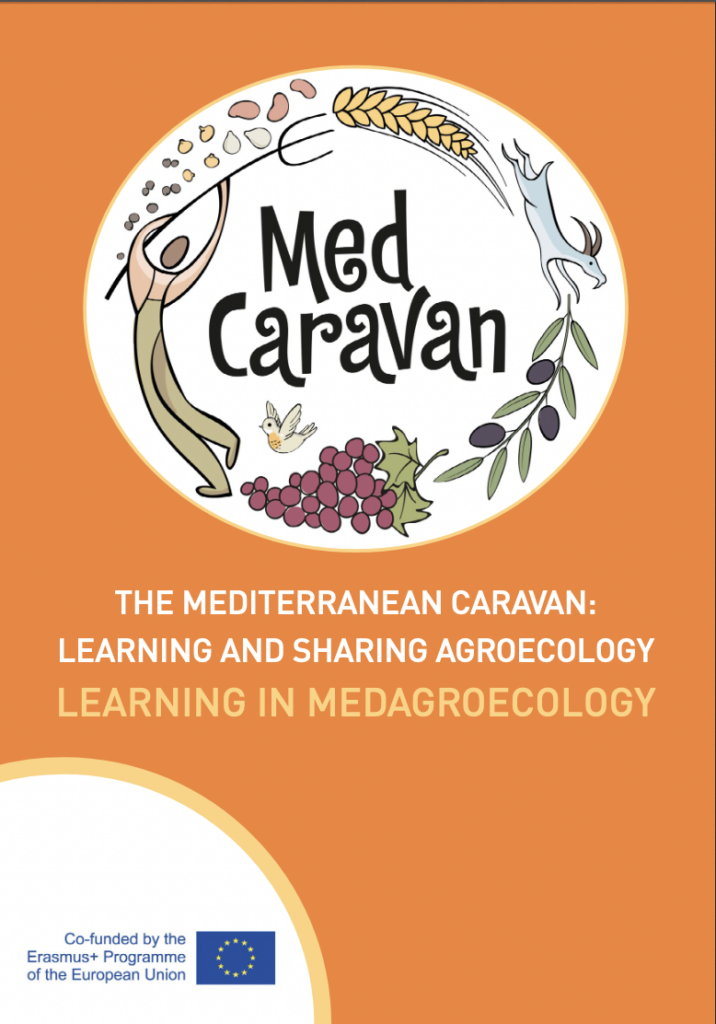
The booklet Learning in MedAgroecology is intended as a support tool for the Ag-roCur4All curriculum. The contents are summaries of an introduction that can be expanded upon later. In each chapter, you will find the MedCaravan Toolbox: the links to all the materials the partners produced and support on contents. These contents are the local knowledge collected, spread, and valorised in all the partners’ activities; they enrich and are unique to this project and the research of the agroecological movement in the Mediterranean area.
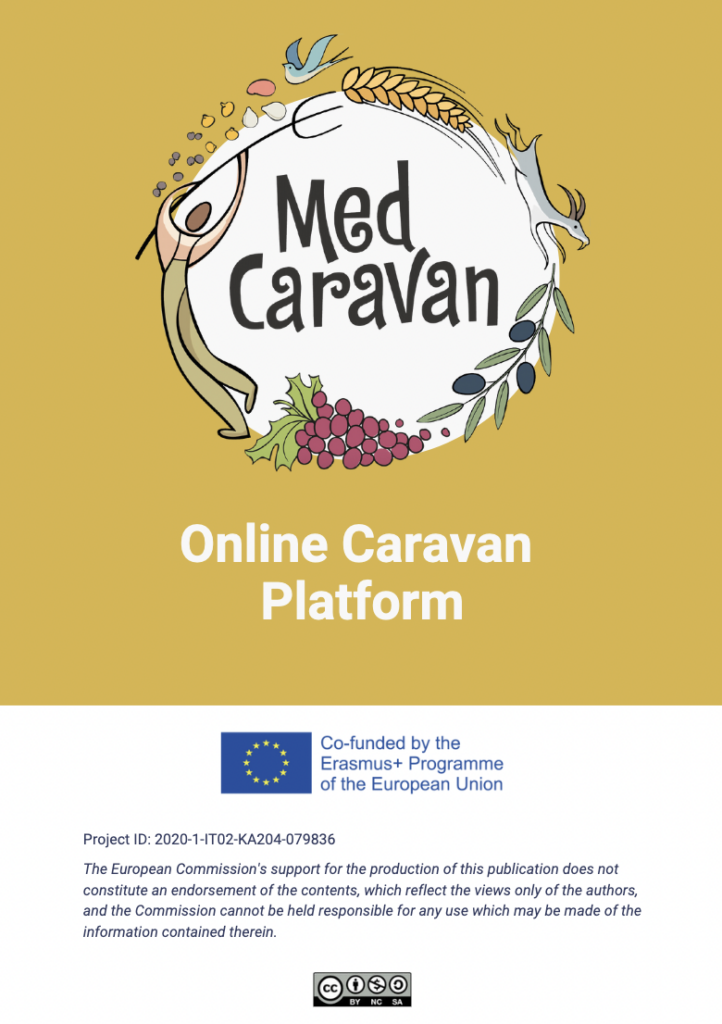
Online Caravan user guide
The MedCar Online Caravan Platform is the learning platform within the URGENCILearning Village, centred in the Agroecology house. It presents the MedCar’s project’s achievements and resources. The Online Caravan Platform hosts all created outputs of the project in all languages. Users access the Online Caravan Platform through the Learning Village, explore its resources and access a repository of materials that can be utilized across networks and projects.

